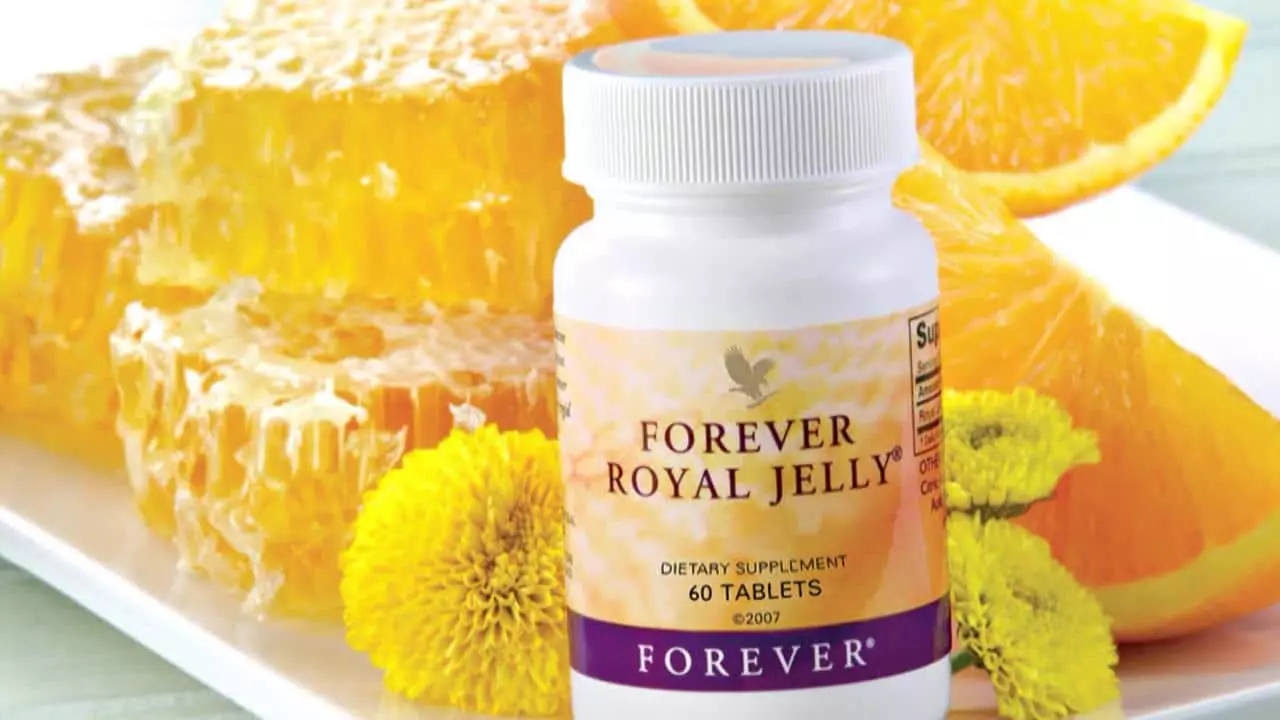Dietary supplements: how to choose and use them safely
Want to try a supplement but not sure where to start? You’re not alone. Supplements can help with things like vitamin D deficiency, joint pain, or gut health — but the market is noisy. This page gives clear, practical steps so you pick products that actually make sense and avoid the junk.
How to pick a reliable supplement
First, ask why you need it. Is it to fill a gap a blood test showed, or a trend you read about? If a test shows low iron or vitamin D, a targeted supplement makes sense. If it’s a weight-loss or “boost your estrogen” claim, be skeptical and look for evidence.
Check the label closely. Look for the exact ingredient, amount per serving, and % Daily Value. Avoid products that hide doses in a “proprietary blend.” Smaller companies can be fine, but find ones with clear batch numbers and contact info on the bottle.
Look for third-party testing seals like USP, NSF, or ConsumerLab. Those seals don’t guarantee miracle results, but they do show the product contains what the label claims and is free from major contaminants.
Safety basics: interactions, dosing, and red flags
Supplements can interact with meds. For example, some herbal supplements affect blood thinners or diabetes drugs. Always tell your doctor and pharmacist what you’re taking — bring the bottle to appointments. Don’t combine supplements that add up to very high doses of the same nutrient unless a professional recommends it.
Watch for unrealistic claims: “cures,” “detox,” or dramatic weight loss are red flags. Also avoid mega-doses of fat-soluble vitamins (A, D, E, K) unless supervised. For minerals and B-vitamins, follow label dosing or your clinician’s advice.
Pregnant or breastfeeding? Kids? People with chronic conditions? Get direct medical advice before starting anything new. Many ingredients are fine for healthy adults but not safe in pregnancy or with certain illnesses.
Buying online? Use reputable stores or pharmacies. Check for secure checkout, clear return policies, and real contact information. Be wary of extremely low prices or stores that won’t show a product label or batch info.
Want examples that come up often: fish oil (omega‑3) can help heart health when taken at proper doses; vitamin D helps when levels are low; probiotics may ease some digestive issues but effects vary by strain; herbal products like marsh tea or I3C (for estrogen metabolism) need careful use and good quality control. Products like “Nikko Maple” or other novel weight-loss supplements deserve extra caution — look for human studies and safety data first.
Finally, keep it simple: start with one well-tested product, follow the label, monitor how you feel, and check in with your healthcare provider. If something feels off, stop and ask. Smart, small steps beat chasing every new supplement trend.

The Top Reasons to Make Royal Jelly Dietary Supplements Part of Your Wellness Plan
Jul 26 2023 / Health and WellnessIn my recent exploration of wellness plans, I've discovered the amazing benefits of incorporating Royal Jelly dietary supplements. With its high nutrient content, Royal Jelly is a superfood that boosts energy and strengthens the immune system. It also promotes healthier skin, aids in digestion, and supports hormonal balance. I'm impressed with its anti-aging properties and potential to improve cognitive performance too. I believe it's time we all consider making Royal Jelly a part of our wellness routine.
VIEW MORE